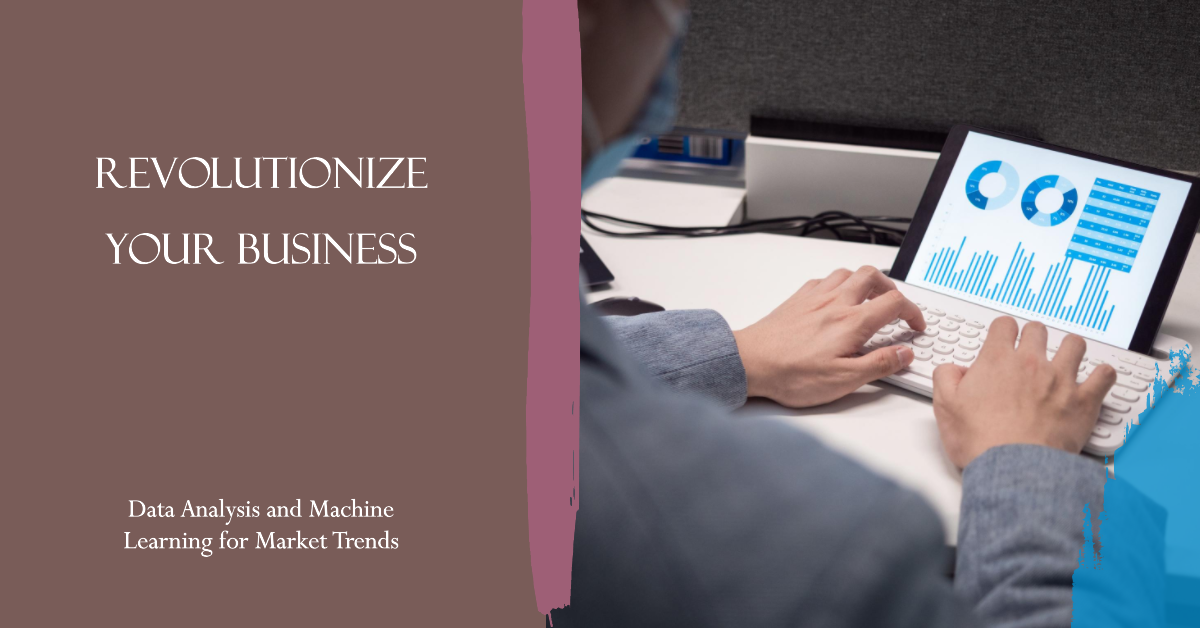A. Emerging Technologies in Market Analysis
As technology evolves, so do the tools and methods in market analysis. Artificial intelligence, blockchain, and advanced analytics are among the emerging technologies shaping the future of market prediction.
B. Predictions for the Future of Market Trends
Experts predict increased automation, enhanced predictive models, and a more integrated approach to market analysis. The future holds exciting possibilities for businesses leveraging these advancements.

